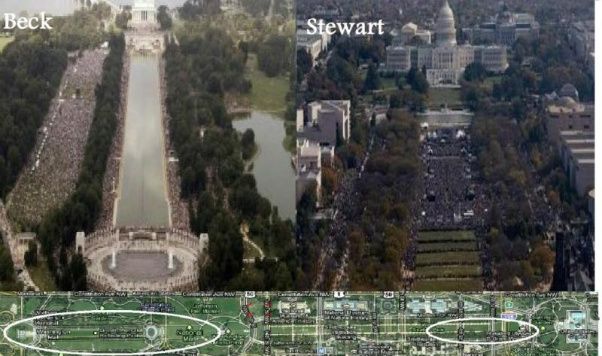It’s One A.M. Do You Know Where the Code of Conduct for U.S. Judges is?
[Guest post by Aaron Worthing; send your tips here.]
Former Supreme Court Justice Sandra Day O’Connor is still active as a senior status judge. That means she will hear cases in the lower courts on occasion. She also has been active in judicial selection reform. As Law.com reports, however, this has all landed her in some trouble:
It began as an amusing story about a technical glitch in some automated phone calls that went out to voters in Nevada. But it has since turned into a discussion of judicial ethics involving retired U.S. Supreme Court Justice Sandra Day O’Connor and her passionate campaign in favor of judicial election reform.
A story in Monday’s Las Vegas Review-Journal reported that a significant number of Nevada voters received so-called automated “robo-calls” with the voice of O’Connor urging them to support a Nevada ballot initiative that would change the way Nevada judges are selected toward a merit selection/retention election system.
The problem was that the calls went out at 1 a.m. insted of the intended 1 p.m. time. The group sponsoring the calls has apologized profusely and the marketing company that made the error has been fired.
But conservative commentator Ed Whelan saw another problem: “Do the ethics rules governing federal judges really permit a federal judge to robocall voters in support of a ballot initiative?” In a National Review Online entry Whelan noted that Canon 5 of the Code of Conduct for United States Judges(pdf) prohibits them from engaging in political activity — except as permitted by Canon 4, which allows judges to speak to the public and to legislators about legal matters and the administration of justice.
Whelan, who also is president of the D.C.-based Ethics and Public Policy Center and a former law clerk to Justice Antonin Scalia, wrote that O’Connor’s personal advocacy of a ballot initiative is not the kind of legal discussion Canon 4 contemplates.
Ed Whelan and others at Bench Memos has indeed been all over this story for several days. Really just go to October 27, 2010, and then work your way forward in time. Its a lot of interesting stuff.
Anyway, the controversy eventually got to be big enogh to garnish a response from O’Connor:
I did not authorize the use of my recorded statement as part of automated telephone calls to Nevada residents, and I regret that the statement was used in this way. In addition, I view my efforts in support of judicial reform as consistent with the Code of Conduct for U.S. Judges.
Which is that special breed of explanation that still leaves questions unanswered. Such as, “how the hell do you record a robo-call message and not realize it might be used in a robo-call?” for starters.
I don’t think O’Connor should resign, but I think she should tone down her activism on this issue.
[Posted and authored by Aaron Worthing.]



